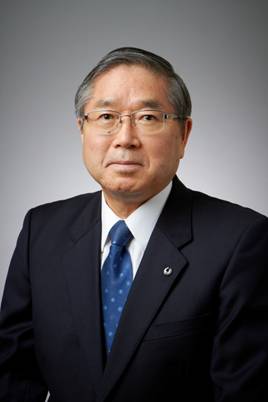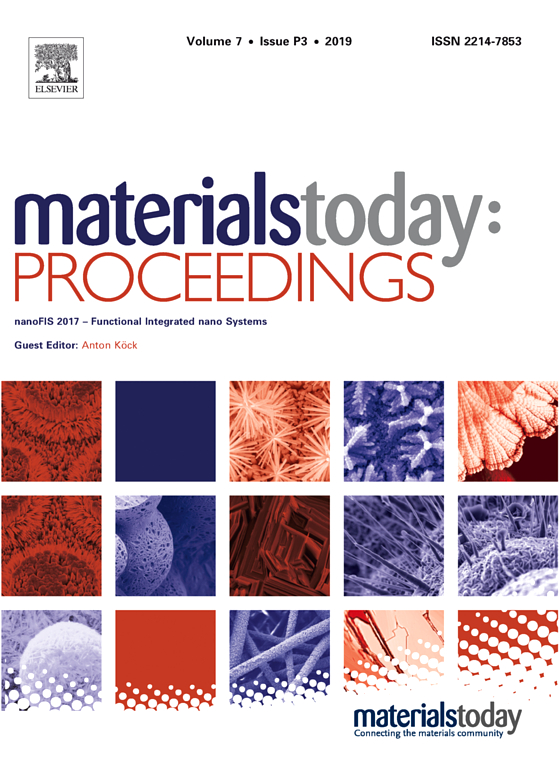
The former president of Tohoku University in Japan has just had a tenth paper retracted, because it duplicated one of his earlier works.
One of the most recent retractions by materials scientist Akihisa Inoue, late last month, was of a paper in Materials Transactions that had duplicated a now-retracted paper and was subject to an expression of concern in 2012: Continue reading Former university president up to ten retractions


 The U.S. Federal Trade Commission has won a judgment against a publisher and conference organizer that has been
The U.S. Federal Trade Commission has won a judgment against a publisher and conference organizer that has been  Edward J. Fox, a former faculty member at the University of Washington in Seattle, faked data in a manuscript submitted to Nature and in an NIH grant application, according to new findings from the U.S. Office of Research Integrity (ORI).
Edward J. Fox, a former faculty member at the University of Washington in Seattle, faked data in a manuscript submitted to Nature and in an NIH grant application, according to new findings from the U.S. Office of Research Integrity (ORI).
 Before we present this week’s Weekend Reads, a question: Do you enjoy our weekly roundup? If so, we could really use your help. Would you consider a
Before we present this week’s Weekend Reads, a question: Do you enjoy our weekly roundup? If so, we could really use your help. Would you consider a 

